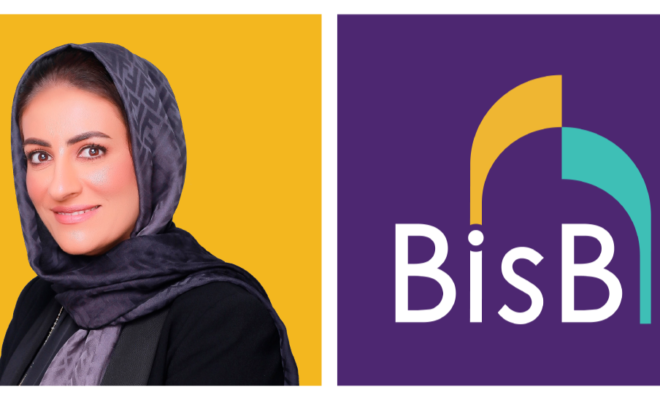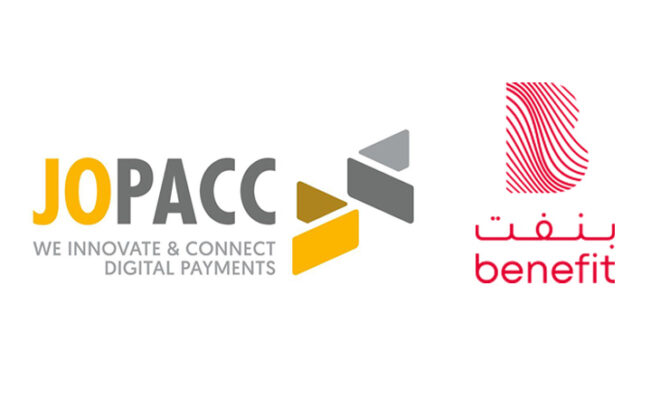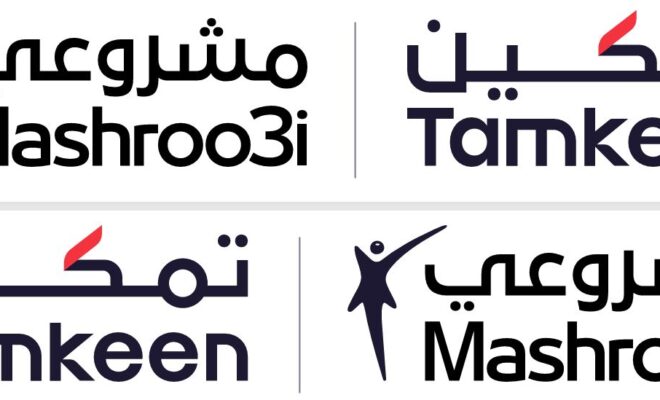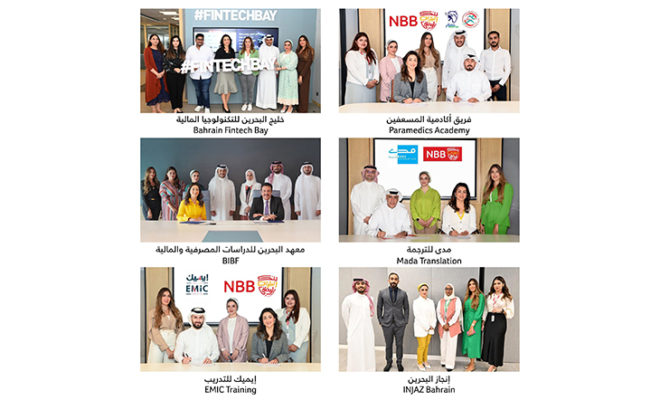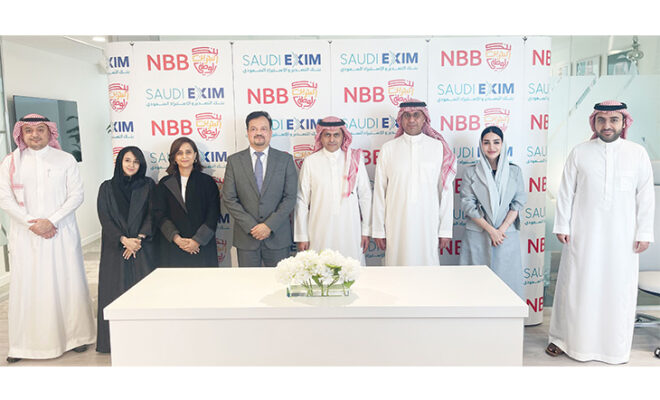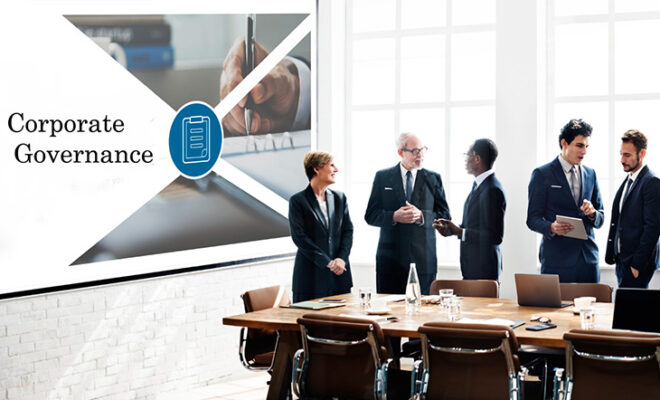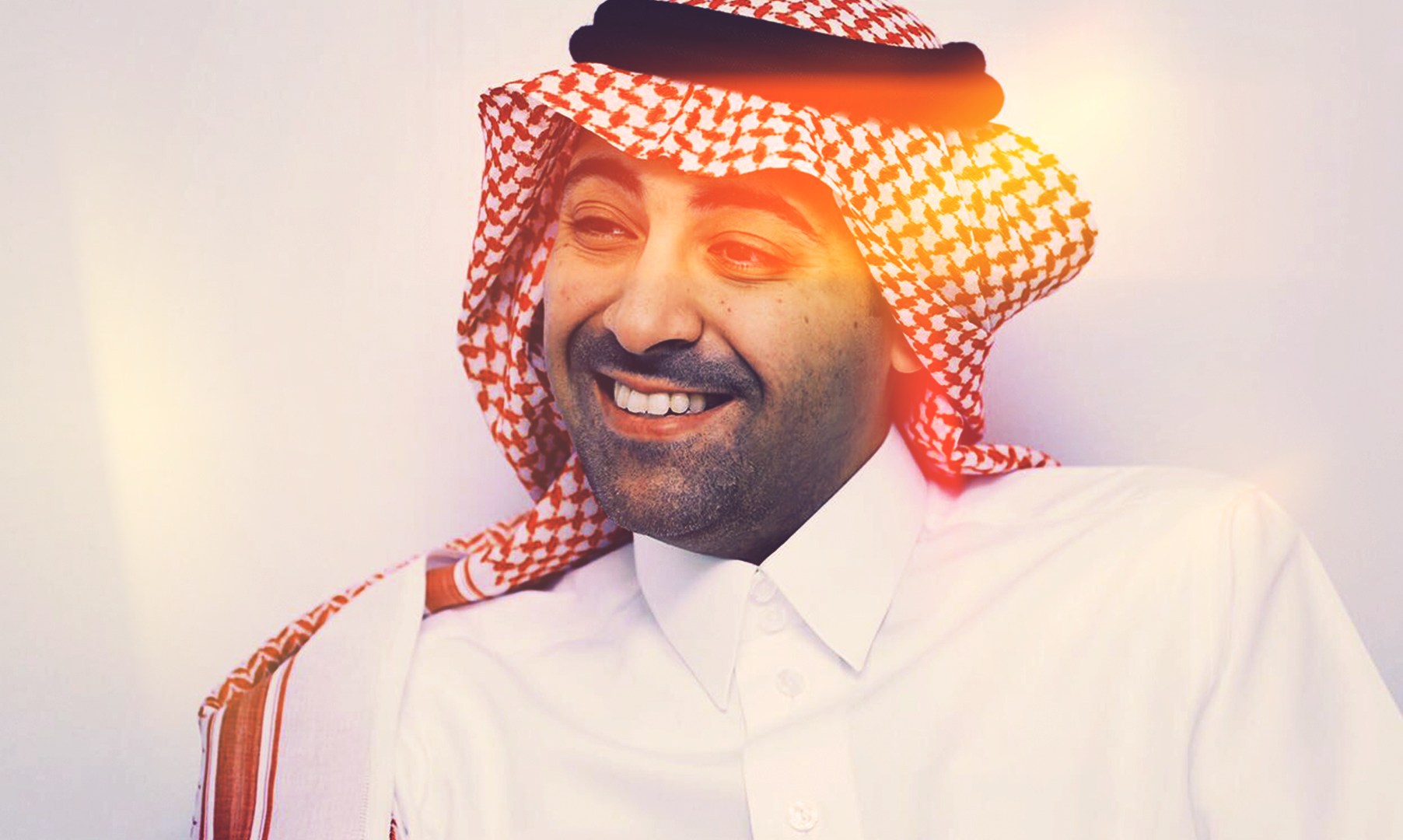A Beautiful Symphony
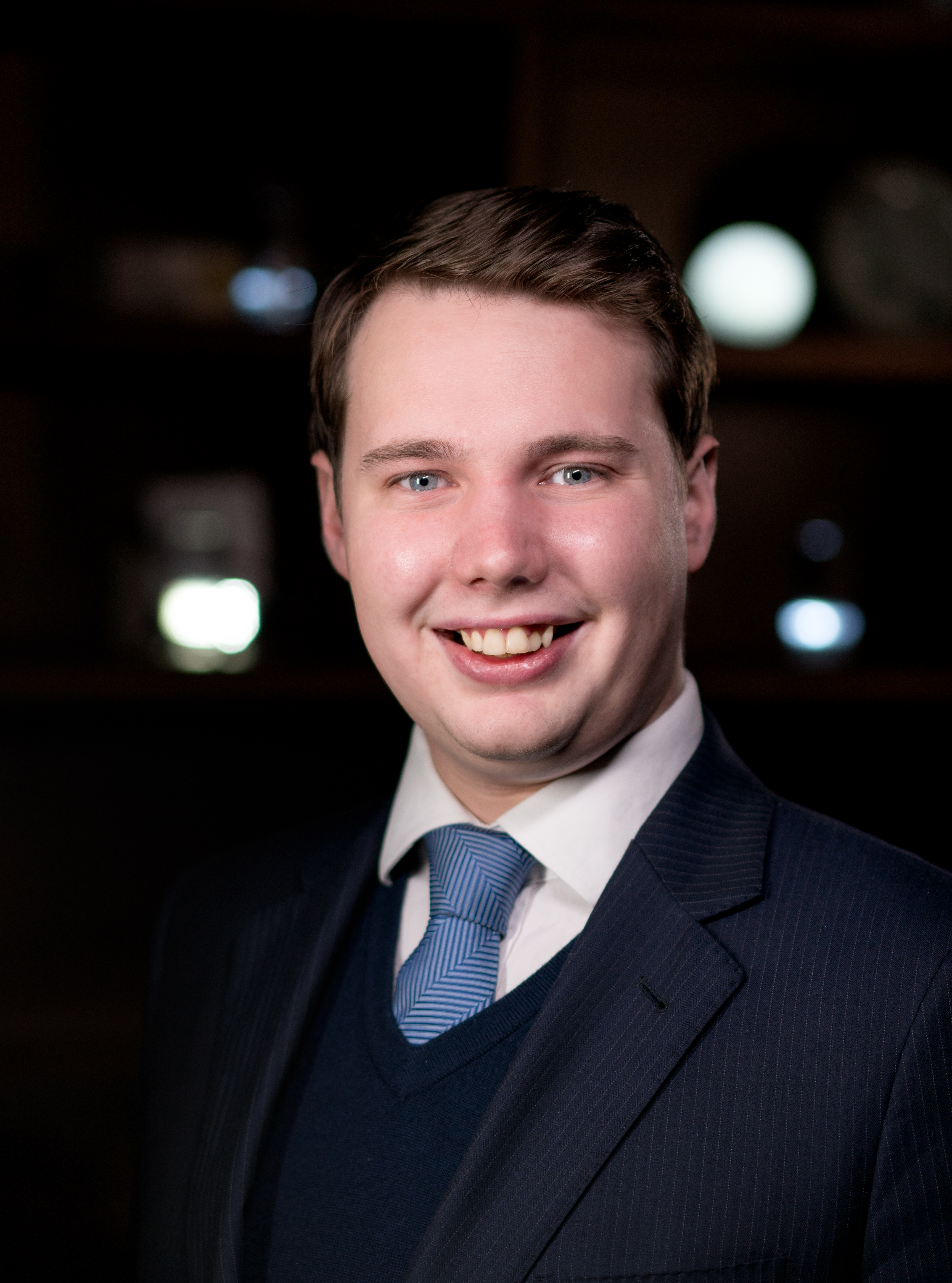
An interview with Alain Garner, CEO of Symphony
1) Please tell us more about Symphony and what inspired you to create the company?
Symphony provides factory and facilities managers with the tools to minimize the amount of maintenance needed on their machines, avoid failures, and maximize their productivity. Our predictive maintenance methods are focused on the sounds that machines make, listening for those early telltale signs that something is going wrong, and using that to prove alerts that can be acted upon before anything breaks down.
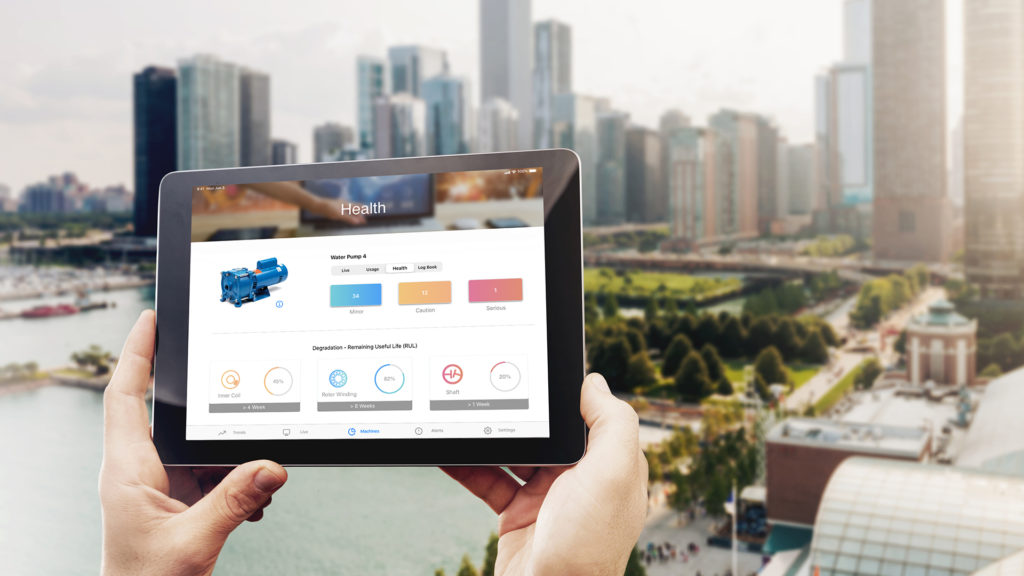
We are not the first people to think about predictive maintenance and the existing solutions place a lot of emphasis on presenting the data gathered from the machines that are being monitored.
However, I have always believed that technology is best used when it makes life and work simpler and easier for people and I could see that we can use computing with machine learning to convert this information into real actionable insights that mean something to the people who have the job of keeping a factory or facility up and running. Talking to potential customers convinced me that we have a valuable solution and to press ahead with bringing this to market.
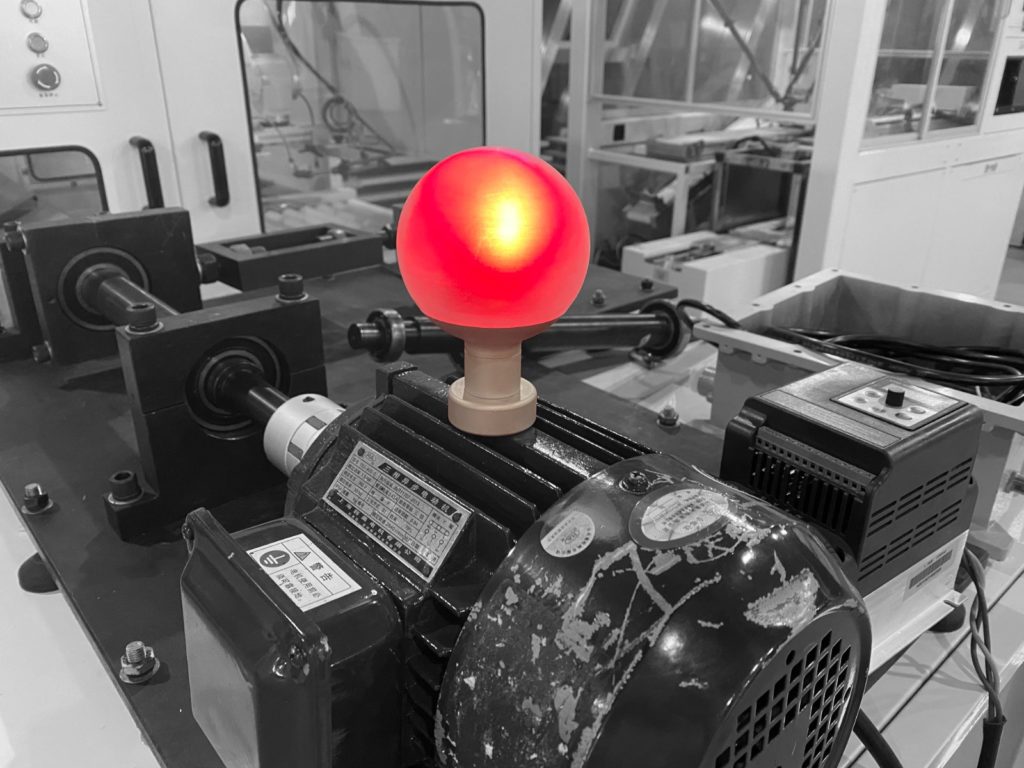
2) What problems are Symphony solving? Also why the name Symphony?
Our objective is to eliminate factory and facility downtime caused by machine failures, keeping all those wheels turning. Predictive maintenance already exists for critical infrastructure; about 10% of the possible market. We want to bring those techniques and benefits to 90% of the market that is not yet being served, and to do that customers are telling us we need to supply a solution that is straight-forward to understand, simple to implement, and easy to scale.
Customers really seem to like the idea of being able to start small, prove the case for the system, and expand at their own pace. We are building a complete system from the sensor through server-side analytics to the on-site app giving insights that exactly match what the customer needs.
Why the name Symphony – we are listening to machines and, just like in an orchestra we want every machine sounding perfect and in harmony with all the other components in the factory.
3) What are the next five years looking like?
I think some large corporations probably have visibility and plans that can be reasonably accurately executed over a five-year time scale, but even then in fast-moving consumer sectors, five years is a long time. For a recent startup five years is an eternity.
At the start of the massive expansion of the Internet, companies such as AOL really powered that growth by making it simple for ordinary people to get online. In the same way, we want Symphony to transform the world of vibration analysis, something that normally takes years of training, simplify it using computational power and make useful information readily available to breweries, bottling plants, canning factories, water pumping stations, and anywhere that is using motors, pumps and punching machines. So in 5 years’ time, I want Symphony to be the first name that anyone mentions when talking about predictive maintenance.
4) What were the challenges that you encountered in setting up Symphony?
Startups are depicted as rocket ships and I really understand why. It takes an insane amount of work to get them off the ground, but exploration is what pushes humanity forward. Our challenge is to do what’s never been done before. We are trying to take a task that until now has required years of training and experience, and port that task into algorithms, machine learning, and AI.
Building our own vibration sensor, developing the cloud infrastructure to analyze the data, and providing an app for uses to easily access the information is a massive undertaking requiring a hugely diverse skill set. It requires a lot of motivation and a lot of rapid learning in a small team.
5) Any advice for aspiring entrepreneurs/ startups?
People told me the startup world is hard like really, really hard. And you know what? They were right. It’s insanely
hard. I came from a corporate background working in a publicly listed company. People describe these companies like tankers, slow to move but they ride right over the waves with their size, when you’re a startup you can maneuver faster, but the waves are now huge mountains that can crush you if you’re not on top of your game. My advice to new startup captains is, just like the ocean, the startup hardens you. You have to learn fast with salty ocean water spraying in your face. The more customers you on-board, the faster the boat goes, and the harder the water sprays. Success is not permanent nor is failure fatal. Ask for help from other ships along your journey. The ocean is a cruel mistress but during my voyage, other captains on the ocean have been surprisingly helpful, pointing out where the bigger icebergs are.


